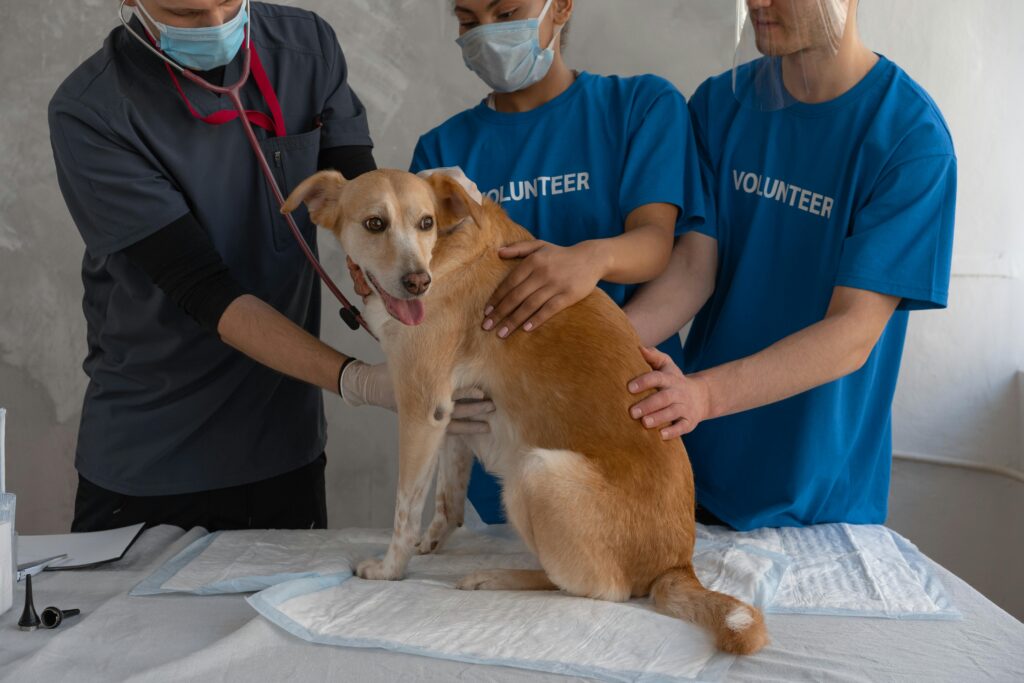
The early stages of a puppy’s life are a critical period for learning and development. One of the most important aspects of this phase is teaching social skills for puppies. Proper socialization sets the foundation for a confident, well-adjusted dog that interacts positively with people, animals, and new environments. In this guide, we’ll explore how to build these essential skills and ensure your puppy thrives in the world around them.
Why Social Skills for Puppies Matter
Socialization is the process of exposing your puppy to a variety of experiences, environments, and interactions. Puppies that are well-socialized are less likely to develop fear, anxiety, or aggression as they grow. Teaching social skills for puppies ensures they:
- Feel comfortable in different settings.
- Interact positively with other dogs and people.
- Adapt to changes in their environment with ease.
- Build confidence and reduce the risk of behavioral issues.
By prioritizing socialization during your puppy’s formative weeks and months, you’re laying the groundwork for a happy and well-behaved adult dog.
The Ideal Socialization Window
The critical period for teaching social skills for puppies typically occurs between 3 and 14 weeks of age. During this time, puppies are naturally curious and open to new experiences, making it the perfect opportunity to introduce them to a variety of stimuli. While socialization can and should continue beyond this window, early exposure has the most significant impact.
How to Build Social Skills for Puppies
1. Gradual Exposure to New Environments
Start by introducing your puppy to different places, such as parks, sidewalks, or pet-friendly stores.
- Begin with quiet, low-stress environments and gradually move to busier settings as your puppy becomes more comfortable.
- Allow your puppy to explore at their own pace, offering gentle encouragement and praise.
This approach helps your puppy adapt to new surroundings without feeling overwhelmed.
2. Meeting New People
Expose your puppy to a variety of people, including children, adults, and individuals wearing hats or uniforms.
- Encourage gentle, calm interactions to ensure your puppy feels safe.
- Reward positive behavior with treats or praise during and after introductions.
Meeting different types of people teaches your puppy to be friendly and accepting of strangers.
3. Positive Interactions with Other Dogs
Socializing with other dogs is crucial for developing good canine manners.
- Arrange supervised playdates with vaccinated, well-behaved dogs.
- Monitor play to ensure it remains friendly and non-aggressive.
- Intervene if play becomes too rough or one dog appears uncomfortable.
Learning to read social cues from other dogs is a key part of building social skills for puppies.
4. Exposure to Everyday Sounds and Objects
Introduce your puppy to common sights and sounds, such as household appliances, car rides, and traffic noise.
- Start with low-intensity versions of these stimuli, gradually increasing exposure as your puppy grows more confident.
- Pair these experiences with positive reinforcement to create a sense of safety.
This process helps desensitize your puppy to potentially scary situations they may encounter in daily life.
5. Handling and Grooming Practice
Getting your puppy used to being touched and handled is essential for vet visits and grooming sessions.
- Gently handle their paws, ears, and mouth while offering treats and praise.
- Practice short grooming sessions to build trust and familiarity.
Regular handling teaches your puppy to stay calm during necessary care routines.
Common Challenges and Solutions
- Fearful or Anxious Puppy
If your puppy shows signs of fear, such as cowering or barking, take a step back and give them space. Gradually reintroduce the situation at a slower pace, ensuring positive reinforcement along the way. - Overexcitement
An overly excited puppy may jump or bark excessively. Teach calm behavior by rewarding them when they settle down during interactions. - Aggressive Play
If play becomes too rough, redirect your puppy’s attention with a toy or command and end the interaction if necessary.
Tips for Success
- Be patient and consistent: Socialization is a gradual process that requires repetition and positive experiences.
- Use rewards: Treats, toys, and praise motivate your puppy to associate new experiences with positive outcomes.
- Protect their health: Ensure your puppy’s vaccinations are up to date before exposing them to other animals or public spaces.
- Stay calm: Your puppy will look to you for guidance, so maintaining a calm demeanor helps them feel secure.
Conclusion
Teaching social skills for puppies is one of the most rewarding parts of raising a dog. By exposing your puppy to new people, animals, and environments in a positive and gradual way, you’re setting the stage for a lifetime of confidence and good behavior.
Start building these skills today, and watch as your puppy blossoms into a friendly, adaptable, and well-adjusted companion. With patience, consistency, and love, your efforts will pay off, ensuring your puppy is ready to navigate the world with ease. Petsdogpuppy

